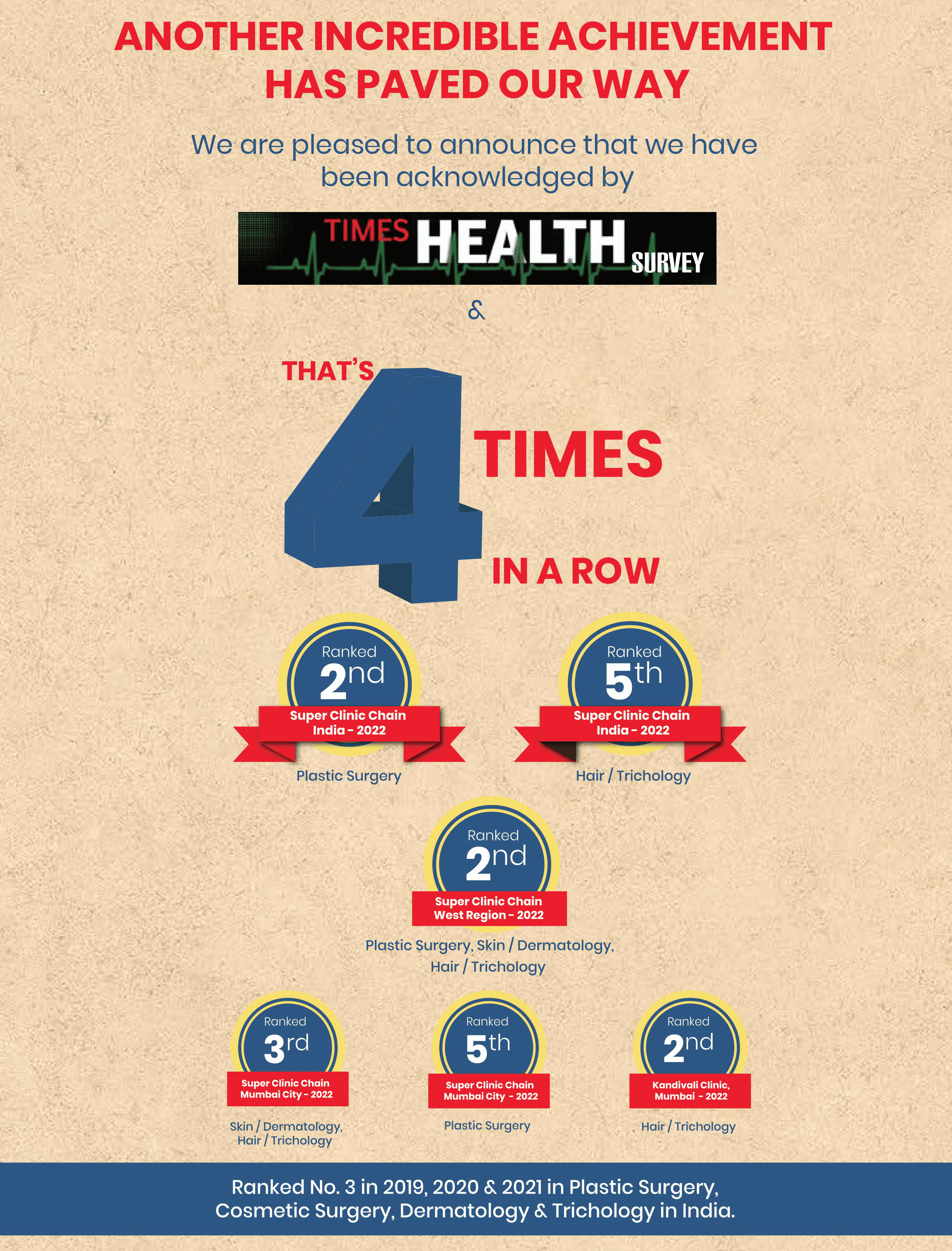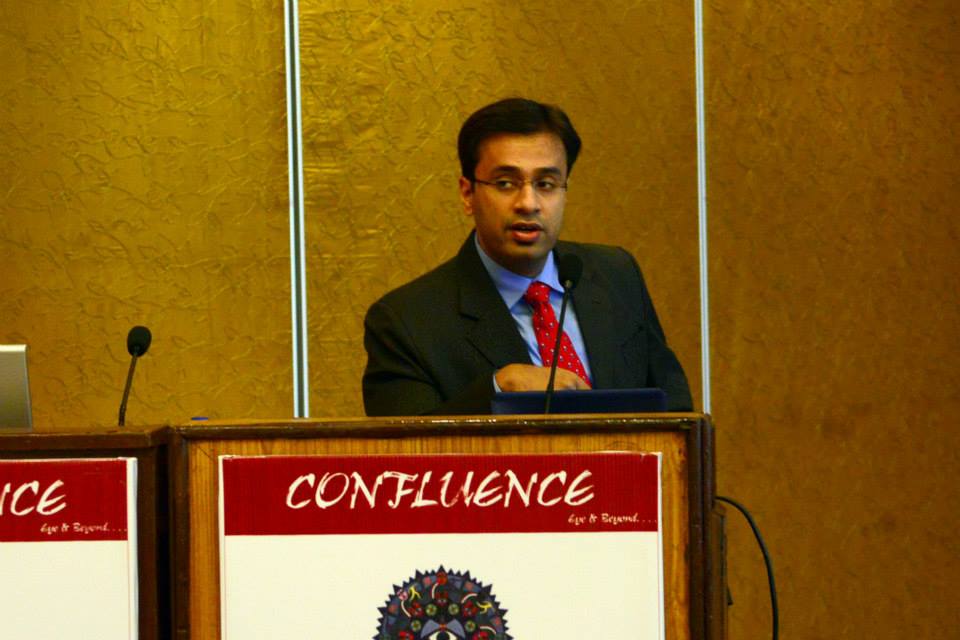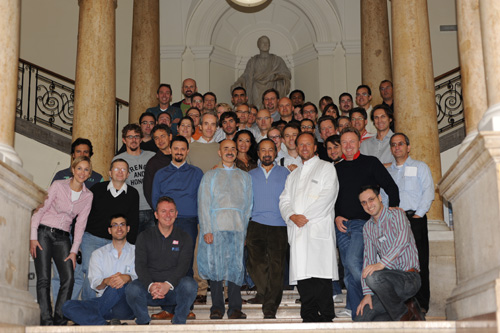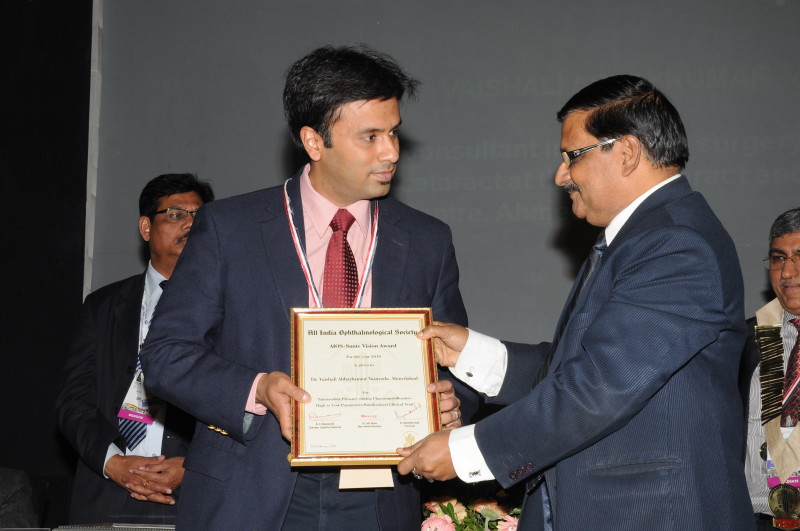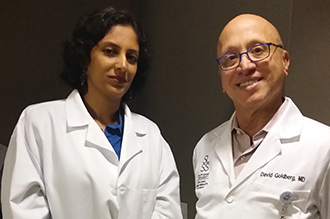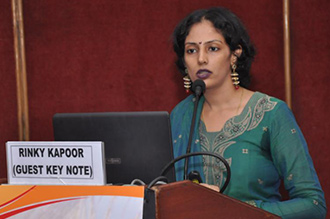Tongue-tie, which is also known as ankyloglossia, is a congenital condition – meaning it is present at birth – that limits the mobility range of the tongue. The cause of this condition can be traced to an abnormally tight or short lingual frenulum, a strip of tissue that is present between the floor of the mouth and the underside of the tongue. Owing to this limited movement, a person who is tongue-tied may find it difficult to stick out his/her tongue – and the tongue is shaped like a heart or irregularly shaped.
More so, a tongue-tied child will often experience feeding and speech impediments thus informing the need to visit a clinic nearby to see a doctor. Nevertheless, it is yet possible to see a child having tongue-tie not showing any sign of impairment. Tongue-tie can be hereditary and this is why parents – who have once had to deal with the deformity – are advised to ensure that a medical expert runs a proper check on their baby’s tongue. Nursing mothers with babies having tongue-tie will have some difficulties when breastfeeding them as the baby may end up chewing the nipple – rather than sucking it – since the tongue can barely rise above the lower gum. But then, it is not only the mother that will get to suffer sore nipple or inflammation of the breast as a result of the baby’s chewing action, the child may experience profound weight loss due to poor breastfeeding.
It is not uncommon to see those who overlook the need to have tongue-tie medically addressed/treated as they (erroneously) feel there is nothing much to it. However, as one would have it with other deformities, it is important that one does not take chances in the face of the complications that might arise as a result of tongue-tie. Some of these complications are now briefly discussed:
There are occasions where experts have used intervention such as speech therapy and lactation/feeding support to manage tongue-tie, but surgeries remain the express means through which the disorder can be effectively taken care of.
Having made up your mind to go for surgery, you will probably be looking at meeting a specialist to fix the surgical appointment. Prior to the surgery, the surgeon will thoroughly assess your situation, reviewing your medical history, and then moves to present you with the surgical procedure that is best for you. After this, he/she may fill you in on what the selected procedure entails. Other considerations that precede the surgery could hover around the fact that you are not expected to eat or drink anything some hours before the operation, and some other instructions that might be deemed necessary.
There are quite a host of surgical procedures used in correcting the issue of tongue-tie, and this has been highly successful. More so, these surgeries do not always cause patients much pains or swelling as the frenulum has only a few nerves and vessels. Let us briefly look at some of the most commonly used surgical procedures in this regard.
Other types of surgical protocols for treating tongue-tie are electrocautery and tongue-tie laser surgery which are non-invasive techniques. In the latter, the surgeon uses a laser tool – rather than scalpel – to carry out the severance of the strip of the tissue holding the tongue. On the other hand, electrocautery involves the application of heat, through electricity, to do the cutting. These two procedures promote speedy healing and also, cause less bleeding. The use of any of these may, however, depend on the severity of the patient’s case.
Although the probability of having complications during and after tongue-tie surgery is slim, there have been cases where a few undesirable occurrences have subsisted. That said, some of the risks that may be associated with tongue-tie surgeries are:
After the surgery, pain relievers and probably some other drugs will be administered to the patient. The patient will also be asked to feed on soft foods for the first few weeks after the surgery, and he/she should engage in tongue-stretching exercises for 4 – 6 weeks post-operation. These exercises are intended to help strengthen the muscles of the tongue thereby boosting its (prompt) mobility. The recovery period for tongue-tie surgery is generally short and the patient can resume normal activities as soon as possible.
Frenotomy or any other tongue-tie surgery is quite cost-effective and can assure excellent results. But then giving a precise cost may not be logical considering that every patient’s case is unique in some ways. An evaluation must be done to know what the patients will be needing in order to have a successful operation. That said, the following factors may determine the cost of a tongue-tie surgery may include:
A patient may, however, consider how health insurance packages could be valuable in easing the cost implication of frenotomy.
Our clinic is highly revered in India, and we have some of the best plastic surgeons you will find around the world. One of such is Dr. Debraj Shome who is internationally recognised as a cosmetic surgeon. The Esthetic Clinics is fully prepared to provide you excellent tongue-tie surgery service – with no hassle or complications. You can contact us to make an inquiry today.


Dr. Debraj Shome is Director and Co founder of The Esthetic Clinics. He has been rated amongst the top surgeons in India by multiple agencies. The Esthetic Clinics patients include many international and national celebrities who prefer to opt for facial cosmetic surgery and facial plastic surgery in Mumbai because The Esthetic Clinics has its headquarters there.
